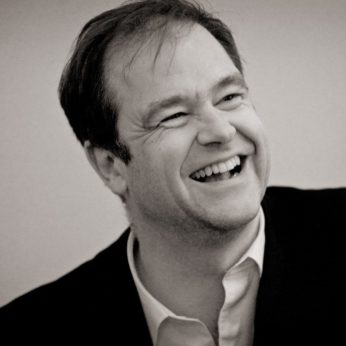Composer: Robert Schumann (b. 1810 - d. 1856)
Performance date: 02/07/2013
Venue: St. Brendan’s Church
Composition Year: 1840
Duration: 00:10:45
Recording Engineer: Damian Chennells, RTÉ lyric fm
Instrumentation: S-solo, pf
Instrumentation Category:Duo
Artists:
Julius Drake -
[piano]
Ruby Hughes -
[mezzo-soprano]

The year 1840 was an
extraordinary one for Robert Schumann, even by his busy standards at the time.
He finally married Clara despite her father’s machinations and he composed over
120 songs, including some of his greatest song-cycles. Adalbert von Chamisso
[1781-1838] was a French viscount who fled the country in 1789 and settled in
noted lyric poet in his day, his verse is now best remembered through
Schumann’s songs, but he was also a noted botanist, travelling extensively, and
in his later years became curator of the botanical gardens in
into German and Schumann took four of them plus, as the final song, another
Chamisso translation from an anonymous Greek collection for this set. They were performed in private at first and
Andersen, who was a frequent visitor to
heard them at the Schumann’s house in
in 1844 and was highly impressed. The first public performance took place on
December 5th in 1868 in
with Gustav Walter accompanied by Clara Schumann. All five songs are superb and
it is difficult to understand why they have not remained in the repertory,
particularly the third and fourth, both clearly masterpieces.
The first song Märzveilchen is a happy little tale told in a charmingly folksy manner. It
is followed by Muttertraum which employs a long, single-note Bach-like accompaniment; it
starts like a cradle song but there is a sting in the end with some creepy
phrases while the postlude maintains the “Bach” line as it fades away darkly. Der Soldat is a dramatic tale with
Schumann providing a marvellous musical picture of the anguished soldier who is
part of a firing squad about to execute a close friend. The final slow piano
chords create an eerie stillness. Der
Spielmann depicts an unfortunate wedding, this was before Schumann won the
right to marry Clara and the pain in the music may reflect his own worries. The
final song Verratene Liebe is a
delightful tale with suitably whimsical music, a fine ending to this splendid
if neglected collection.
Copyright © 2025 West Cork Music. All rights reserved.
Designed and developed by Matrix Internet